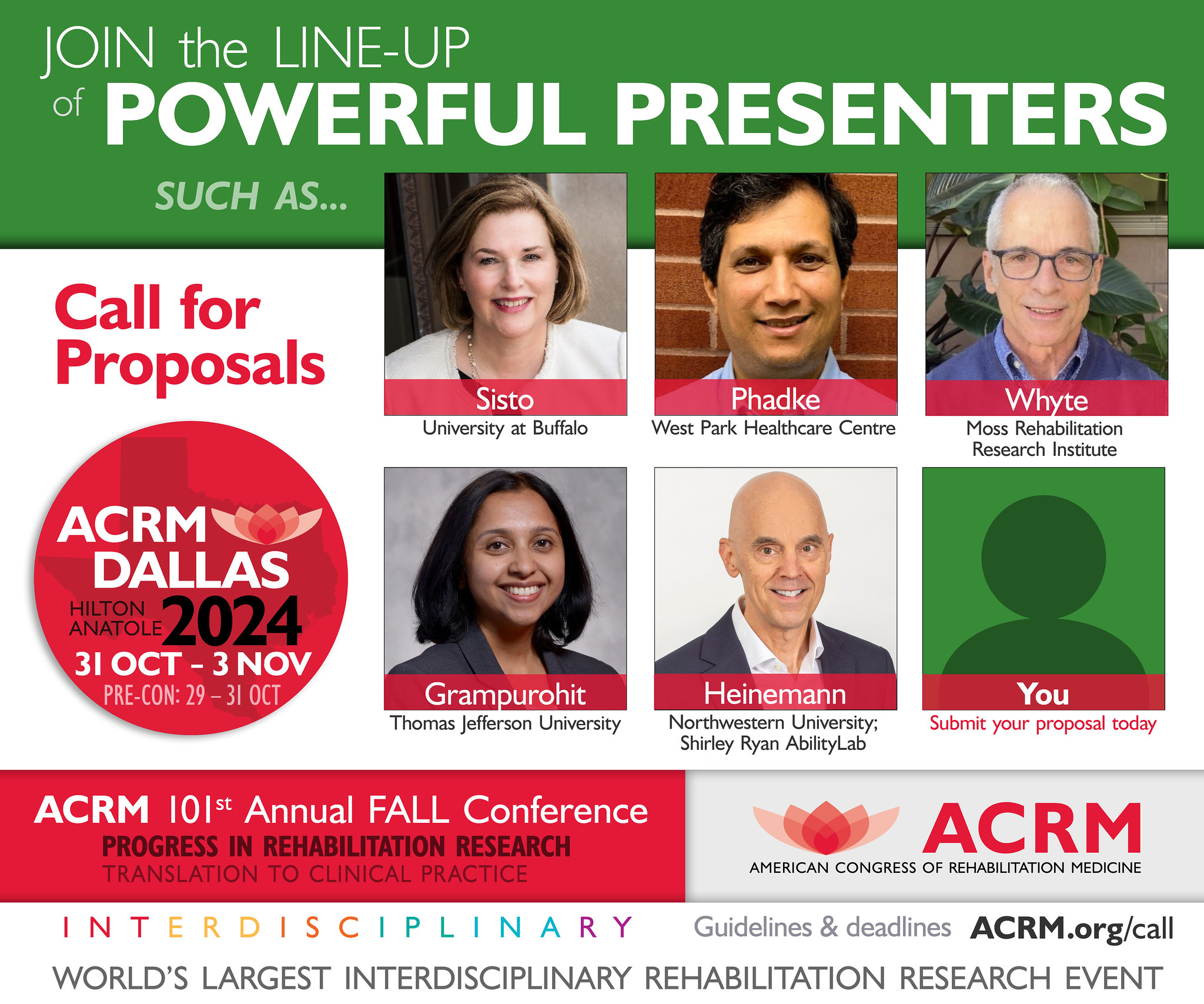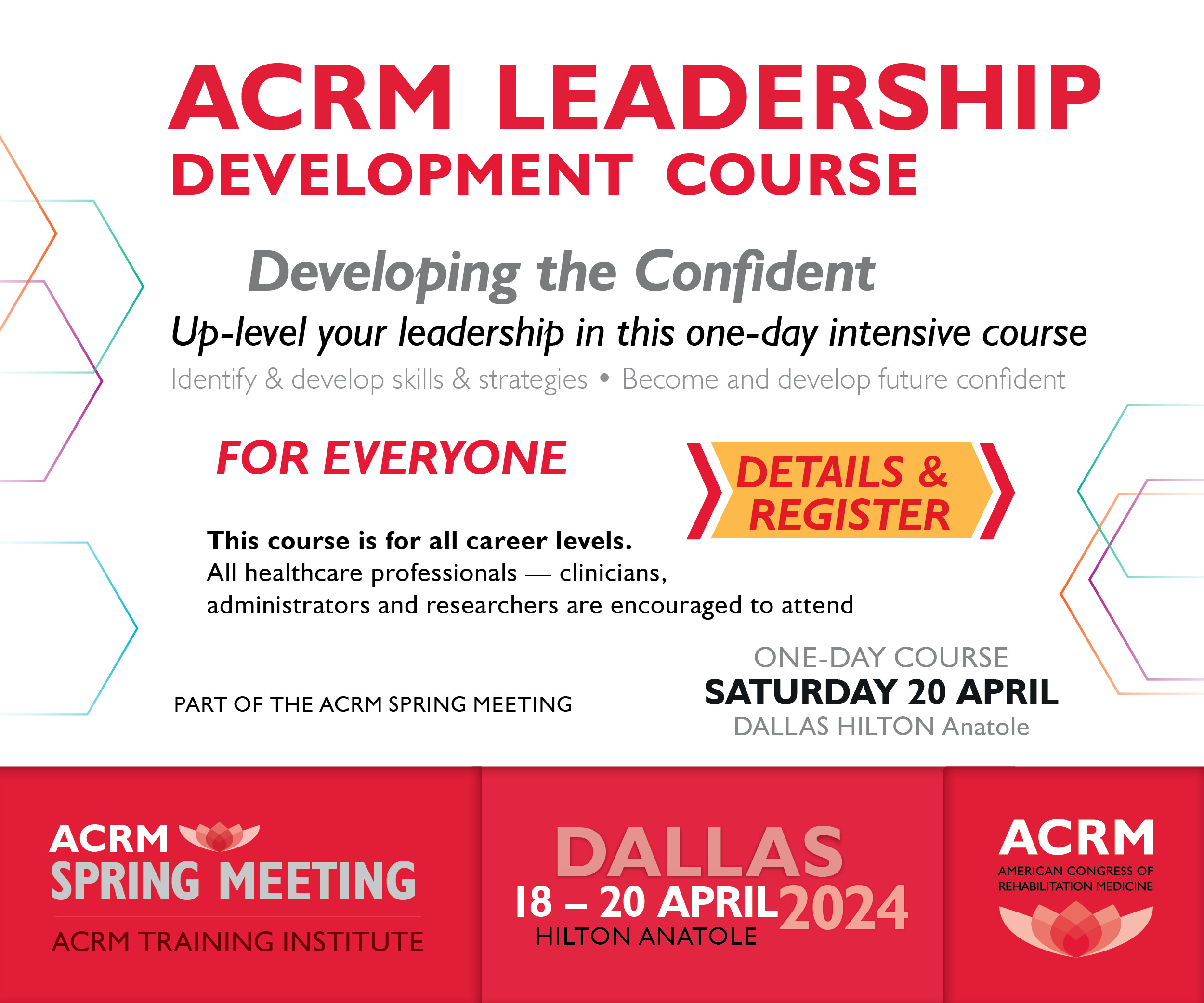INSTRUCTIONAL COURSE DETAIL
TUE, 27 OCT: 1:00 PM – 5:00 PM
SPEAKERS
Nagma Ahmed, PT,CDT
Senior Physical Therapist, MD Anderson Cancer Center
Shari Frankel, MBA, PT, ATC
Senior Physical Therapist- MD Anderson Cancer Center
Jennifer Hughes, MOT, ORT
Senior Occupational Therapist- MD Anderson Cancer Center
Charlie Schreiner, MS, RN, ACNP-BC
Director of head and neck surviorship programs- MD Anderson Cancer Center
Sarah Soluren, MPT
Senior Physical Therapist, MD Anderson Cancer Center
Margaret Tiner, MS, CCC/SLP, BCS-S
Senior Speech-Language Pathologist – University of Michigan Health System
DIAGNOSIS
Cancer Rehabilitation
FOCUS
Clinical practice (assessment, diagnosis, treatment, knowledge translation/EBP)
ABBREVIATED DESCRIPTION
This presentation will provide an overview of the head and neck cancers with DIAGNOSIS, treatment options and surgical interventions. An emphasis will be placed on the multidisciplinary approach to the complex medical and physical deficits associated with neck dissection and radiation fibrosis. The importance of the interdisciplinary team approach and coordination of care among clinicians to address the myriad of side effects of the treatment process will be reviewed. Current research and programs at MD Anderson Cancer Center and University of Michigan will be presented to provide evidence for best practice for the rehabilitation of head and neck cancers.
ABSTRACT BODY
Oral and pharyngeal cancer together is the sixth most common cancer in the world (1). Cancers of the head and neck, which include cancers of the larynx, nasal passages, oral cavity, pharynx, salivary glands, and thyroid, account for 3% of all malignancies in the United States. The annual estimated incidence for thyroid is 62,980, oral cavity & pharyngeal 42,440 and laryngeal 12,650 new cases in the United States for 2014(2). Overall, head and neck cancers account for over 550,000 cases annually worldwide (3). Head and neck cancers account for 3-5% of all cancers in the US with the approximately 12,000 deaths annually from the disease (4).
According to the Surgeon’s General report, since 1964, incidence of smoking has continued to decrease, as has the incidence of most head and neck cancers (5). The only head and neck cancer that has not decreased in incidence is oropharyngeal cancers. In fact, this type of cancer has increased so dramatically that it is now known as an epidemic. Through the work of Professor Hans zur Hausen in Zurich, the HPV was linked to cervical cancers. His work was taken a step further and the link was made between HPV and head and neck oropharynx (SCCOP) cancers (6). SCCOP related to HPV infection are far more treatable than those related to smoking. In fact the 5 year survival rate is over 80%, whereas it is around 40% for tobacco related SCCOP (7).
Patients undergoing oncologic head and neck treatment have complex disease processes which often require extensive tumor resection with advanced plastic reconstruction as well as treatments such as chemotherapy and radiation. The treatment process results in impairments of speech, swallowing, breathing, musculoskeletal dysfunction, and difficulty with functional activities of daily living. Combined these effects further impact psychological well-being and general health creating the need for a multidisciplinary care approach for optimal outcomes and improved quality of life. Due to the functional nature of oropharyngeal organs, these patients require enteral nutrition and tracheostomy airway management, along with surgical drains and wound care, which lends to the importance of the interprofessional approach.
Head and neck surgery, plastic surgery, physical therapy, occupational therapy, social work, nursing, nutrition, speech pathology, endocrinology, psychology, case management and pain management are vital for the best patient treatment. Each service uniquely influences outcomes of this patient population. Significant impairments occur from surgical intervention to remove oropharyngeal cancers including nerve damage, musculoskeletal impairments, lymphedema, pain, speech, swallowing, breathing, sleep disturbances and physcosocial changes. The treatment approach for these patients requires extensive team collaboration. The complexity of head and neck cancers creates the need for a multidisciplinary care approach for holistic care and optimal outcomes. (Nugent, 2008). With improvement in detection and treatment patients are living longer but experience life-long consequences well in to the survivorship stages. Survivorship clinics are vital for improved quality of life and function with the assistance of occupational therapists, physical therapists and speech pathologists.
- GLOBOCAN 2012 v1.0, Cancer Incidence and Mortality Worldwide: IARC CancerBase No.11 [Internet]. Lyon, France: International Agency for Research on Cancer; 2013
- Oral Cancer. National Cancer Institute.12, Dec. 2014. Web.
- Jemal A, Siegel R, Xu J, Ward E. Cancer statistics, 2010. CA: A Cancer Journal for Clinicians 2010; 60(5):277–300.
- 4 . Jemal A, Bray F, Center MM, et al.Global Cancer statistics. CA CAncer J clin 2011; 61;69
- The Health Consequences of Smoking—50 Years of Progress: A Report of the Surgeon General, 2014. Surgeon’s General. Gov, 12, Dec. 2014. Web.
- Hans Zur Hausen. Wikipedia. Wikimedia Foundation. 12, Dec. 2014. Web.
- Oral Cancer Facts. The Oral Cancer Foundation. 12, Dec. 2014. Web.
LEARNING OBJECTIVES
- Recognize the complex effects of head and neck cancer medical and surgical treatment on function and quality of life.
- Identify the unique contributions of rehabilitation professionals in the treatment of patients with head and neck cancer.
- Distinguish the unique needs and treatment of patients with head and neck cancer across the continuum of care from diagnosis to survivorship.
- Understand the importance of evidence based practice, research, and quality improvement in the treatment of patients with head and neck cancer.
- Understand the importance of evidence based practice, research, and quality improvement in the treatment of patients with head and neck cancer.
Intended Audience
Physical Medicine & Rehabilitation Physicians, Advanced Nurse Practitioners, Physician Assistants, Physical Therapists, Occupational Therapists, Speech Language Pathologist, Researchers, Psycologists, Social Workers, Case Managers.
BIO SKETCHES
Naghma Ahmed, PT received her Bachelors of Science in Psychology from Texas Woman’s University in Denton, Texas in 1982 and a Master of Science in Physical Therapy from Texas Woman’s University in Houston, Texas in 1984. Since, she has worked in a variety of settings including acute care, out-patient orthopedic, work hardening and work conditioning. She came to MD Anderson Cancer Center in 2001 as a Physical Therapist. She works in the out-patient department with a variety of cancer diagnoses but her interests lie in Head and Neck and Breast Cancer patients. Naghma is certified in Manual Lymphatic Drainage and Decongestive Therapy. Currently, she is conducting research using the short dash method on upper extremity function for the effects of manual therapy treatment on upper extremity function for post breast and neck dissection patients.
Shari Frankel has over 20 years of Physical Therapy Clinical experience in inpatient and outpatient settings. Shari has been employed at MD Anderson Cancer Center in Houston, Texas since 2008. She has performed therapy on the continuum of acute, post-surgical, intensive care and outpatient care for Head and Neck Cancer patients. Shari has initiated the Early Mobilization in Adult Oncologic Intensive Care Unit Program at MD Anderson Cancer Center. She specializes in the care of Critically Ill Cancer patients with a focus on Early Mobilization and Education of Surgical Head and Neck patients. She evaluates and treats adult and pediatric patients with all types of cancer diagnosis, including solid and liquid tumors. Shari Frankel is a clinical trainer for new employees and students in ICU. In addition, she assists with administrative duties, computer program development and in-services. Publications: Co-Author of a chapter in Critical Care of Cancer Patients Book.
Achievements: Created and Implemented Early Mobilization Program at MD Anderson with a multidisciplinary team.
Jennifer Hughes has 8 years of experience in multiple oncology settings with all populations and levels of care. She has most recently worked for 2 years on the Head and Neck Surgical floor focusing on program development and the standardization of occupational therapy intervention. Jennifer has worked with the American Occupational Therapy Association and the American Cancer Society to develop the first collaborative care rehabilitation model for survivorship. Jennifer is a nationally recognized speaker on oncology rehabilitation which led to the publication of a continuing education course titled “Occupational Therapy’s Unique Contributions to Cancer Rehabilitation.” Jennifer further participated in an institution-wide Quality Improvement project standardizing the discharge process for the head and neck population and recently completed research titled “Free Flap for Limb Salvage Following Oncologic Resection” which was presented most recently at the American College of Surgeons 2014 Clinical Congress.
Denice Perez has been a speech pathologist for over 30 years. Denice specializes in speech, voice, and swallowing deficits in the head and neck cancer population and has worked at The University of Texas M.D. Anderson Cancer Center for 18 years. Denice further serves as the education coordinator for the Section of Speech Language Pathology and Audiology, Department of Head and Neck Surgery. She is a nationally recognized speaker and educator in speech and swallowing rehabilitation for the head and neck cancer population. Some of her recent presentations include: Contemporary Management of Laryngectomy in the Era of Organ Presentation, American Speech Language Hearing Association Convention; Tracheostomy Tubes and Speaking Valves, Texas Speech Language Hearing Association Convention; Short Course of Management of Head and Neck Cancer Patients, Texas Speech Language Hearing Association Convention. Denice recently completed certification in Clinical Safety and Effectiveness by participating in a Quality Improvement project standardizing the discharge process for head and neck surgical patients.
Charlie Schreiner has worked in the Head and Neck Surgery department since 2011, at which time he took over 100% care of the newly-founded survivorship clinic. He has since been named Director of Head & Neck Survivorship Programs. He was named the 2014 MD Anderson Nurse Practitioner of the year. He has been nominated for multiple awards including Texas Nurse Practitioner’s Nurse Practitioner of the year, the Oncology Nursing Society’s Oncology Nurse Practitioner of the year, and MD Anderson’s mentor of the year. He has travelled all over the country to discuss various survivorship programs in various stages, from start-ups to attempting to help correct struggling clinics. In 2012, he travelled to Washington DC with the Alliance of Dedicated Cancer Centers and presented to congressional members and staffers on the state of cancer survivorship in our country. Multiple practitioners have travelled to Houston to shadow Charlie and learn from how he runs his clinic. In 3 years, he has increased his patient population by more than 500% while decreasing the no-show rate from over 70% to just under 6%.
Sarah Soluren, MPT, is a senior physical therapist on the Head & Neck/Plastics reconstruction floor at MD Anderson for the past five years. Prior to MD Anderson she was employed at The Institute for Rehabilitation and Research (TIRR) as an outpatient therapist working with neurological based catastrophic injury populations as well as a director of an outpatient facility treating the general population. Sarah has worked on projects with the plastic surgeons of MD Anderson creating post-operative protocols in an effort to mobilize patients sooner decreasing complications and optimizing recovery of specialty procedures. She has also completed an institution-wide Quality Improvement project standardizing the discharge process with the Head & Neck population. Sarah has demonstrated a passion for creating effective and efficient processes benefiting both quality patient care and optimizing business practices.
Margaret Tiner is a senior speech-language pathologist and the lead dysphagia clinician at the University of Michigan Hospital. Her clinical interest includes the diagnostic and therapeutic management of individuals with communication and swallowing impairments related to head and neck cancer, orofacial trauma and laryngeal dysfunction. She is actively involved in clinical research in conjunction with the Oral Maxillofacial Surgery faculty and is a coinvestigator on IRB approved studies examining functional speech outcomes in individuals with T2 lingual cancers and studies examining the therapeutic role of palatal prosthetics in individuals with lateral tongue cancers. She has lectured extensively at the state, local and national level on the topics of head/neck cancer management, alaryngeal communication, dysphagia, and prosthetic rehabilitation. Margaret holds a Bachelor of Science degree in communication disorders from the University of Houston and a Master of Science degree from Bowling Green State University. Margaret is a member of the American Speech Language and Hearing Association and the Michigan Speech and Hearing Association. She is a board certified specialist in swallowing and swallowing disorders. Prior to joining the University of Michigan in 2007, she practiced in Fort Worth Texas at Plaza Medical Center, John Peter Smith Hospital and The North Texas Affiliated Medical Group, a private otolaryngology practice.
One full day of Instructional Courses $195 Three full days $395
WORLD PASS (from $595) is the best value if you attend just one instructional course and the CORE Conference. Pricing detail CLICK HERE![]()
*Although significant changes are not anticipated, all schedules, sessions, and presenters posted on this website are subject to change.










